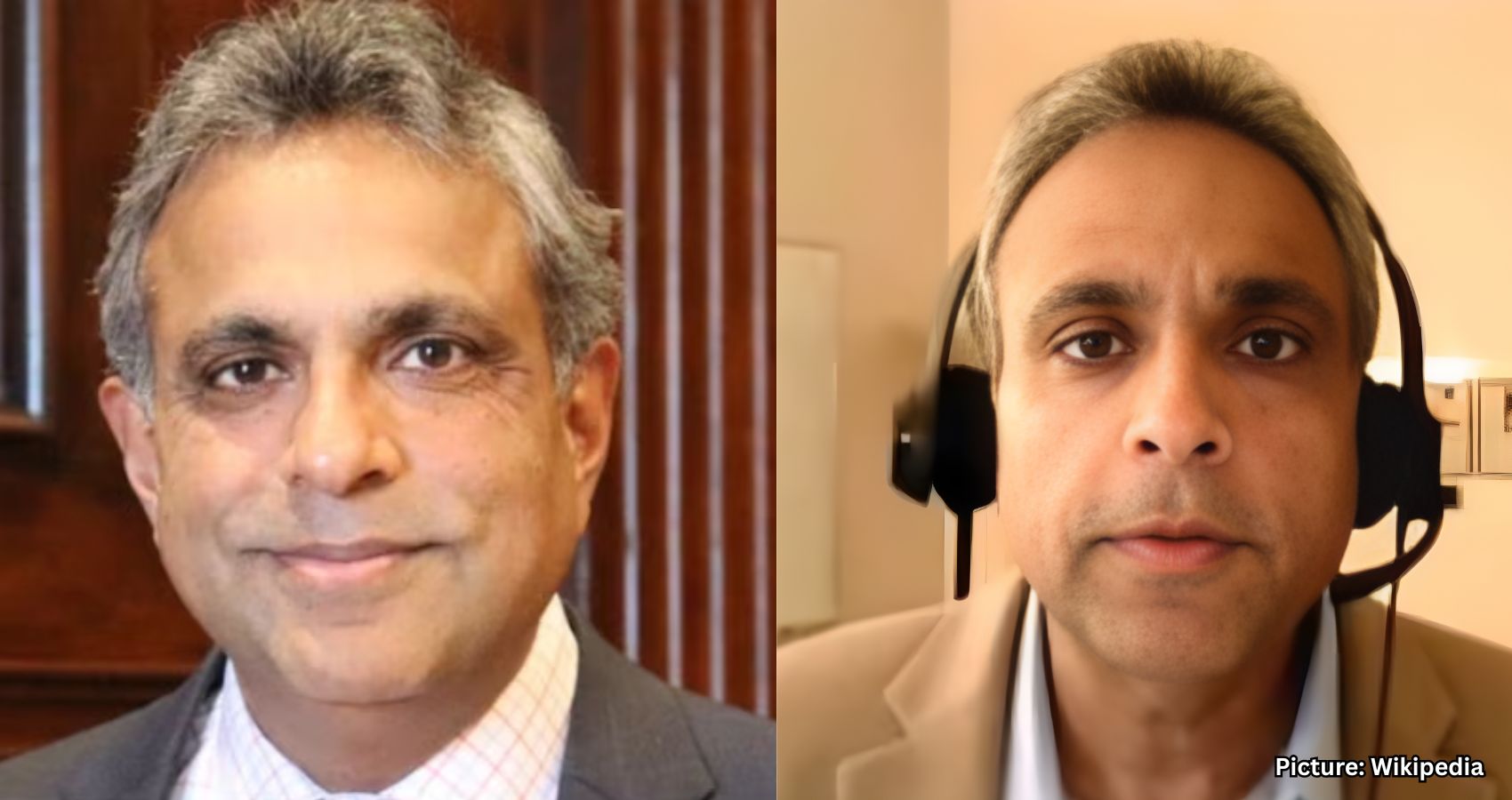Indian American scholar Ron Hira critiques the H-1B visa program, highlighting its role in worker exploitation and the displacement of American employees during a recent panel discussion.
Indian American scholar Ron Hira, a professor at Howard University and a noted critic of the H-1B visa system, recently shared his insights on the program’s impact on American workers. Speaking at a panel discussion titled “How the H-1B Visa Led to Importing Mass Cheap Labor,” hosted by The Heritage Foundation, Hira outlined the reasons many U.S. employers favor hiring foreign visa holders over American workers.
Hira is well-known for his research on offshoring, high-skilled immigration, and the effects of these practices on employment relations and the middle class. During the panel, he discussed the effectiveness of executive actions taken during the Trump administration aimed at reforming the H-1B program. He remarked, “Back then, 20 years ago, it was obvious that H-1B visa abuse was critical in speeding up the offshoring of these jobs. Yet for the past 20 years, Washington has turned a blind eye to this abuse.”
Hira referenced a 2017 segment from “60 Minutes” that profiled American workers forced to train their H-1B replacements. He highlighted a particularly troubling case involving the University of California, which receives significant state and federal funding to train scientists and engineers. “Now they’re forcing their own tech workers to train their H-1B replacements. Imagine the workers’ humiliation and sense of betrayal,” he said.
He posed a rhetorical question to the audience: “Does anybody really think that that’s how the program is supposed to operate?” He answered his own question, stating, “It’s certainly not sold that way. But it persists today. People are training their replacements today.”
Hira explained that the H-1B program is fundamentally a guest worker program, which he argues is more about labor policy than immigration policy. “All guest worker programs leave workers vulnerable to exploitation, whether it’s high-skilled H-1B or lower-skilled H-2A and H-2B,” he noted. “We need labor policies that protect both American and foreign workers.”
He criticized the current labor protections and regulations surrounding the H-1B program as inadequate, stating, “The H-1B labor protections and regulations and rules are a complete fiasco.” Hira emphasized the need for a redesign of these labor regulations to ensure that the H-1B program does not depress wages, protects workers, and fulfills its intended purpose of addressing genuine labor shortages without displacing American workers.
To illustrate his points, Hira provided real-world examples of how employers exploit the system. He described a situation involving Deloitte Consulting, a top H-1B employer, which claimed that a senior consultant position was actually an entry-level role for the purpose of determining the prevailing wage for H-1B workers. “Now is a senior consultant entry level? Probably not,” he remarked.
Hira expressed further concerns about the H-1B program, stating, “You have thousands of H-1B eligible workers who are just sitting overseas waiting for billable jobs to show up. That’s against the law. Nobody’s enforcing it.” He called for limitations on the types of organizations eligible for H-1B cap exemptions, arguing that these have been expanded too broadly. He also urged the Department of Homeland Security to overhaul the L-1 visa and optional practical training programs, which he noted have even fewer protections than the H-1B program.
He suggested that the Equal Employment Opportunity Commission and the Department of Justice should investigate employment discrimination by auditing all mass H-1B employers and intervening in whistleblower lawsuits related to guest worker abuse.
Hira concluded by urging Congress to consider a broader transformation of the skilled immigration system in the U.S. “Our U.S. skilled immigration system has almost no immigration in it. It’s almost entirely guest worker programs,” he stated. He highlighted the disparity between the number of skilled guest workers and available green card slots, noting that there are about 1.5 million skilled guest workers competing for approximately 60,000 green card slots.
As discussions around immigration policy continue, Hira’s insights shed light on the complexities and challenges associated with the H-1B visa program, emphasizing the need for reform to protect both American and foreign workers.
Source: Original article

